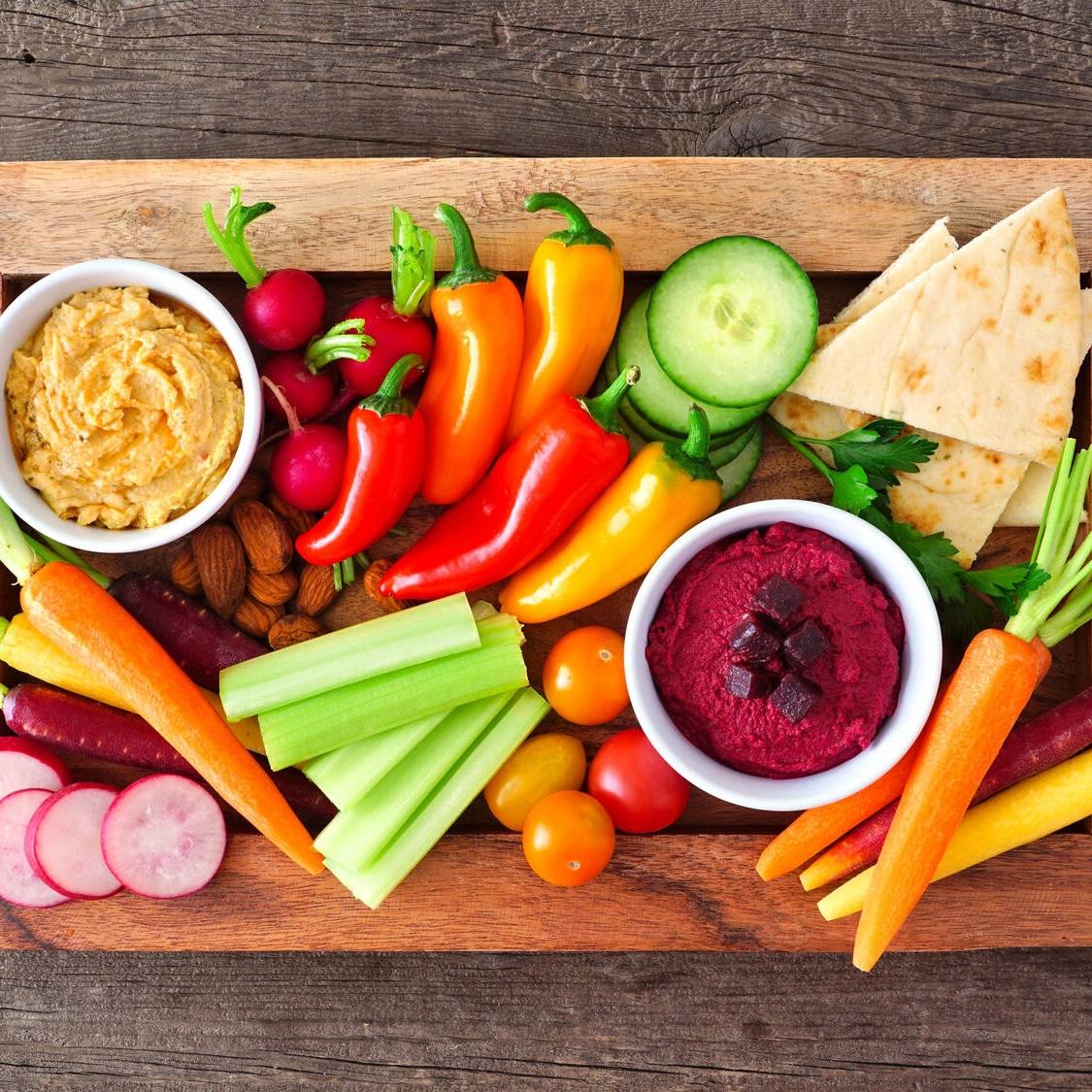Too much salt is not good for your health. This is especially true for people who have high blood pressure. Cutting back on how much you reach for the saltshaker is a good start. Dr. Regis Fernandes, a Mayo Clinic cardiologist, says beware of other places salt may be hiding.
Journalists: Broadcast-quality video pkg (1:01) is in the downloads at the end of the post. Please courtesy: "Mayo Clinic News Network." Read the script.
Most Americans each too much salt, that’s according to the Centers for Disease Control and Prevention. Not good, says Dr. Fernandes, when you consider what salt does to your body.
"Salt increases our blood pressure, and high blood pressure is associated with higher cardiovascular risk," says Dr. Fernandes.
He says most Americans consume 3,400 milligrams of salt a day, while the recommended amount is 2,300, the equivalent of 1 teaspoon. It’s even lower at 1,500 if you have high blood pressure. And Dr. Fernandes warns most sodium intake doesn’t come from the saltshaker.
"Most of the salt we get is from processed foods, from sauces and restaurants and things like that, eating out," Dr. Fernandes says.
Dr. Fernandes says even the slightest drop in salt intake can help lower your blood pressure and improve heart health. He recommends gradually cutting back on salt and always checking food labels.
Related posts:
- Mayo Clinic Q and A: Congestive heart failure and diet
- Kids and sodium: Serious risks, alarming realities
- Mayo Clinic Minute: Hold the salt to help your heart
For the safety of its patients, staff and visitors, Mayo Clinic has strict masking policies in place. Anyone shown without a mask was recorded prior to COVID-19 or recorded in an area not designated for patient care, and other safety protocols were followed.







